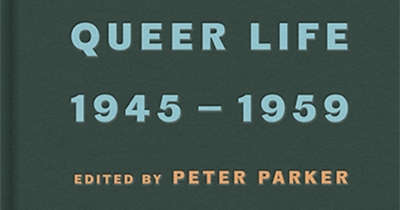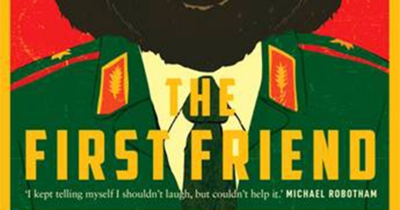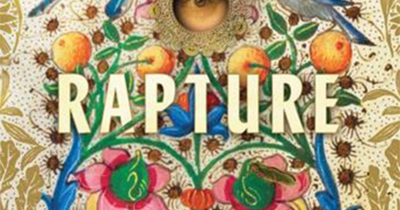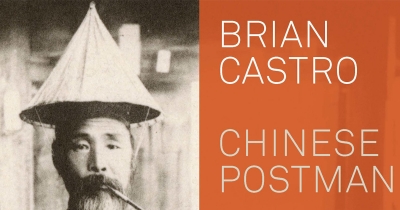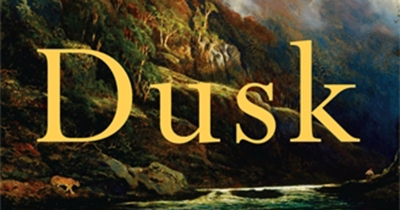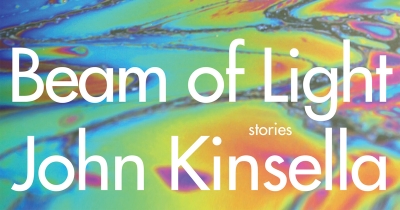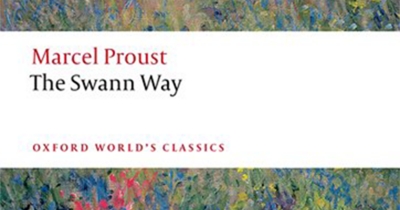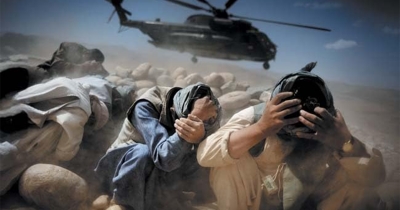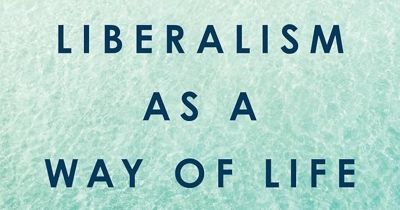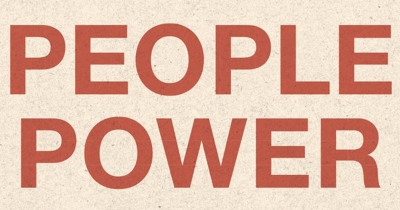The story of the only female pope (to date) emerged in the thirteenth century, and for some time thereafter was widely disseminated in Europe. She was initially alleged to have lived in the twelfth century, but what would become the best-known version of the story placed her election as pope in the year 855. The pontificate of ‘John Anglicus’ was said to have lasted for approximately two and a half years, between those of Leo IV and Benedict III. The story, which may have originated as parody, flourished in credence. The head of ‘Johannes VIII, Femina de Anglia’ was included in a series of busts of the legitimate popes in the nave of the Cathedral of Siena until 1600, when Pope Clement VIII ordered its removal and formally declared that the impostor pope had never existed. With no contemporary evidence substantiating the audacious tale of ‘Pope Joan’, it appears to have been a kind of medieval urban legend. Despite this, her appeal to artists and writers persists, adaptations of the story including two film versions, novels, plays, and (premièring in 2011) a musical.
...
(read more)

